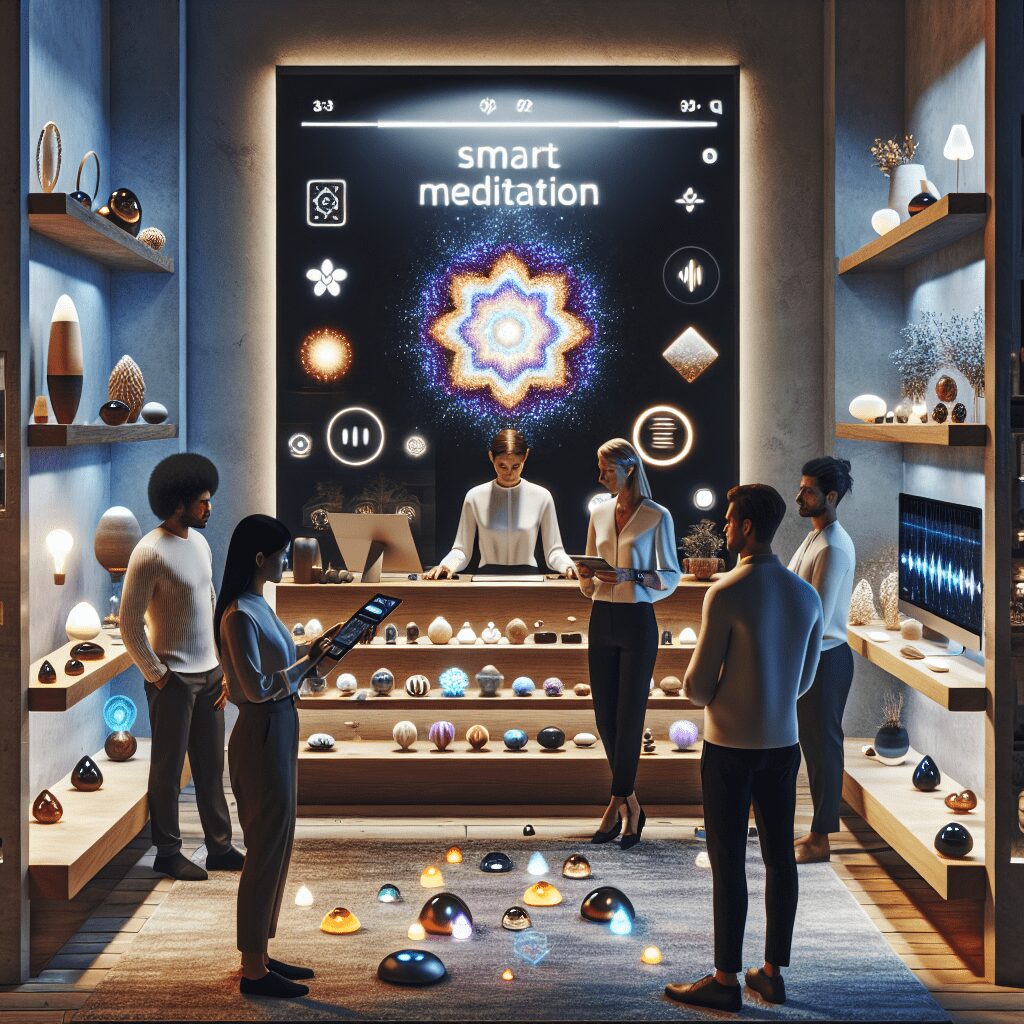
Prioritize your mental well-being daily. Enhance your life by nurturing your mental health with the Smart Meditation app. Break free from stress, alleviate anxiety, and enhance your sleep quality starting today.
Does Caffeine Cause Anxiety?
Untangling the Buzz: Caffeine and Its Ties to Anxiety
In the realm of stimulants, caffeine sits on the throne, reigning supreme in our daily routines. From the ritualistic morning coffee to the emergency energy drink, caffeine is the go-to for millions seeking an energy boost. Yet, with its invigorating effects comes a less desired guest: anxiety. The correlation between caffeine consumption and anxiety isn’t just chatter around the water cooler; it’s a topic that has sparked interest and concern. But does caffeine truly cause anxiety, or is it merely a scapegoat in our fast-paced society?
The Stimulus Behind the Stimulant
Before diving deep, let’s get to grips with what caffeine actually does. Acting as a central nervous system stimulant, caffeine perks you up by blocking adenosine, a neurotransmitter that promotes sleep. This blockade results in the increase of other neurotransmitters like dopamine and norepinephrine, which boost alertness and energy. Sounds like a godsend, right? Not so fast. This process, while handy for pulling an all-nighter or kickstarting your morning, can also trigger the body’s “fight or flight” response. For individuals prone to anxiety or panic disorders, this can be akin to hitting the panic button.
Decoding the Jitters: Caffeine’s Role in Anxiety
-
Individual Sensitivity: First off, it’s essential to acknowledge that caffeine affects everyone differently. While one person can chug a double espresso with no ill effects, another might find themselves on edge after a single cup of tea. Genetics play a pivotal role in how our bodies metabolize caffeine, with some of us being more sensitive to its effects.
-
Overconsumption Equals Overstimulation: It’s no shocker that overdosing on caffeine can lead to nerviness and jitteriness – classic symptoms of anxiety. Downing high amounts of caffeine can lead to an increase in heart rate, blood pressure, and feelings of nervousness – all of which can mimic or exacerbate anxiety symptoms.
-
Sleep Disruption: Let’s not forget caffeine’s impact on sleep. Poor sleep doesn’t just leave you groggy; it’s a well-known anxiety aggravator. Since caffeine can stay in your system for up to 8 hours, that late afternoon pick-me-up could be wreaking havoc on your sleep pattern, closing a vicious cycle of caffeine reliance and anxiety.
Strategies to Sip by: Moderation and Mindfulness
So, where does all this leave the average Joe longing for their java fix? It’s all about balance and understanding your own body’s limits. Here are a few savvy strategies to enjoy caffeine without the unwanted side of anxiety:
-
Moderation is Key: Health experts typically peg 400 milligrams of caffeine per day (roughly four cups of coffee) as the upper limit for most healthy adults. However, if you’re noticing signs of anxiety, scaling back might be prudent.
-
Mind Your Timing: Aim to consume caffeinated beverages earlier in the day to mitigate any impact on your sleep. Remember, quality Zzzs are paramount for keeping anxiety at bay.
-
Know Your Body: Pay attention to how caffeine affects you personally. If you’re prone to stress or anxiety, consider reducing your intake or opting for lower-caffeine or caffeine-free alternatives.
In the grand caffeine conundrum, the reality is that it can indeed flirt with anxiety, particularly for those predisposed or overly enthusiastic with their consumption. However, armed with knowledge and mindful practices, you can continue to embrace your beloved beverages in harmony, without sacrificing your peace of mind. Remember, when it comes to caffeine, it’s best to ride the wave, not let the tide sweep you away.




